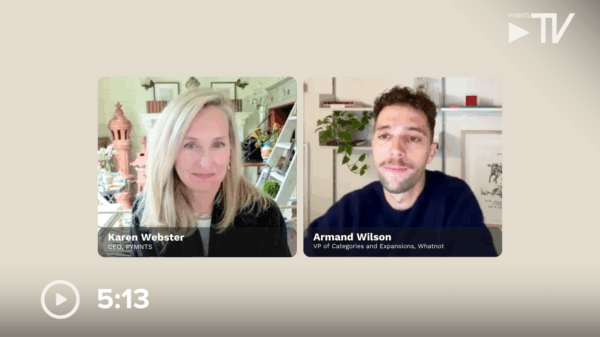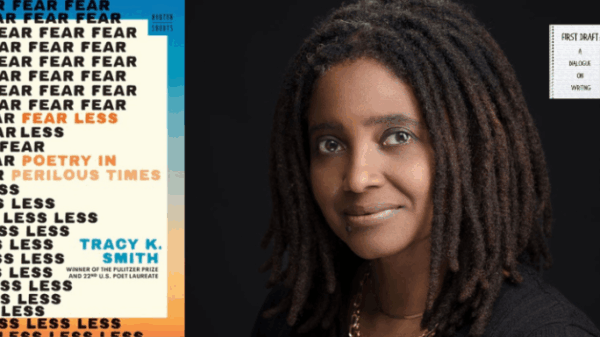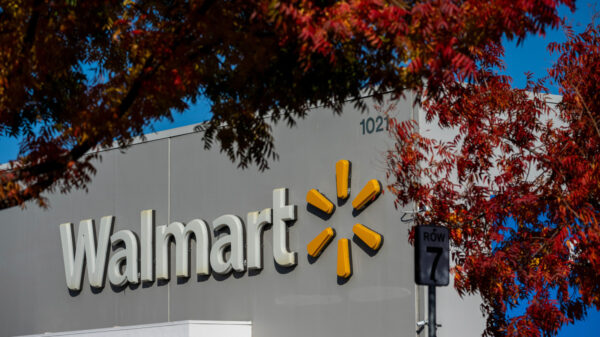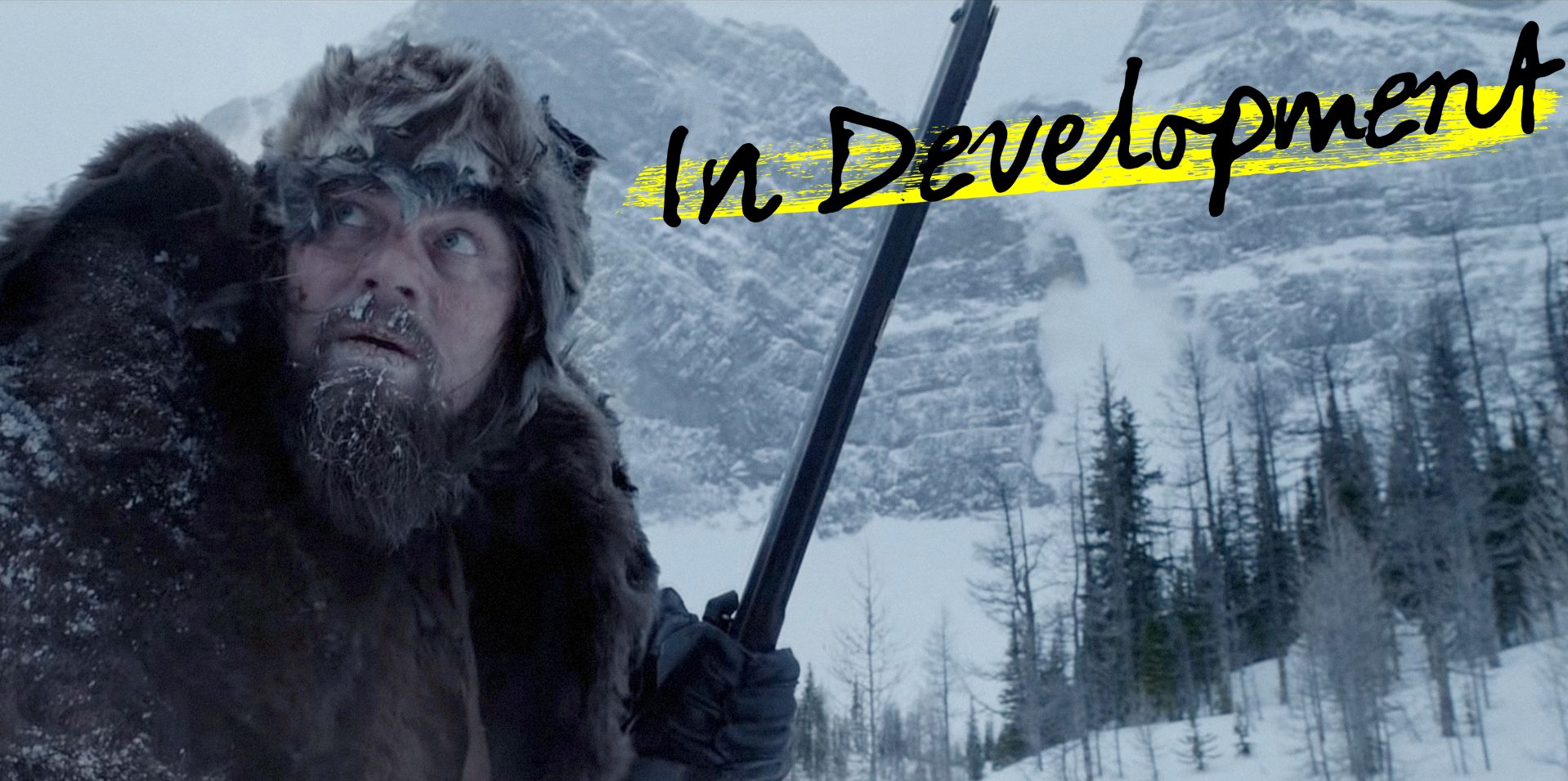The recent launch of the ChatGPT browser marks a significant advancement in artificial intelligence, offering capabilities such as data visualization, workout coaching, and stock trading. As AI continues to evolve, it raises important questions about its impact on the entertainment industry, particularly in filmmaking. While AI can streamline production processes and reduce costs, it lacks the essential human element that drives storytelling.
In a discussion led by Ethan Helvering from audience intelligence firm Pulsar and Milo Chao of 100% Human, insights emerged about the irreplaceable nature of human creativity. Diana Williams of Kinetic Energy Entertainment highlighted that stories devoid of personal backstories often fail to resonate with audiences. In Hollywood, studios invest billions in marketing to connect viewers with the narratives behind their films and television shows. This effort includes extensive interviews and promotional activities designed to communicate the creators’ intentions and emotions.
The marketing machine of Hollywood revolves around the concept of a backstory. Viewers are often drawn to the creation stories surrounding films, as they add depth and intrigue. For instance, Oscar campaigns heavily rely on the narrative of challenges faced during production, as seen in Alejandro G. Iñárritu’s Oscar-winning film The Revenant. These stories—filled with creative differences, reshoots, and personal journeys—are critical in engaging audiences and driving ticket sales.
Looking ahead, the prospect of a feature-length film produced entirely by AI raises new challenges. Imagine a studio tasked with promoting an AI-generated film that lacks human creators. The promotional landscape could undergo a drastic transformation. The role of publicists, who currently manage extensive campaigns involving interviews and press engagements, may be fundamentally altered if AI continues to dominate the creative process.
While AI technology promises to streamline filmmaking by reducing costs and eliminating creative disputes, it also risks stripping away the essence of storytelling. Conflict and collaboration are fundamental to the artistic process, and without them, narratives may lack the emotional resonance that captivates audiences. The chaotic and sometimes frustrating nature of human collaboration is what often leads to compelling stories, and this is an aspect that AI cannot replicate—at least not yet.
The entertainment industry must grapple with the implications of these technological advancements. A future where AI dominates film production presents both opportunities and challenges. As studios experiment with AI-driven processes, they must also find ways to maintain the human touch that makes stories worth telling.
In the meantime, industry professionals continue to explore the evolving landscape of entertainment. Initiatives such as “The Film Maven” newsletter, which examines the role of platforms like TikTok in shaping careers in the industry, showcase how digital media is transforming audience engagement. Furthermore, new tax incentives in California, including a significant $750 million package for film and television productions, highlight the ongoing support for creative projects, including animation, which are now eligible for rebates.
As the industry moves forward, it is essential to recognize that the anxiety surrounding AI is not a novel phenomenon. Historical patterns suggest that each technological advancement has prompted similar concerns. Yet, as new developments unfold, the focus must remain on finding a balance between innovation and the irreplaceable human connection that drives storytelling in film and television.








































































